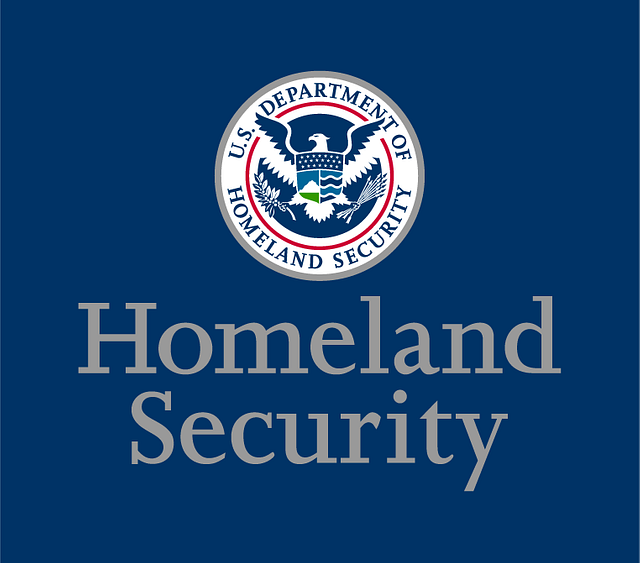The U.S. Department of Homeland Security (DHS) has recently announced a final rule to clarify the public charge of inadmissibility aiming to reduce fear and confusion among both immigrants and U.S. citizens. The rule aims to ensure fair and consistent adjudications for those seeking admission at any US ports of entry or adjustment of status to lawful permanent resident inside the USA.
DHS has been applying the public charge ground of inadmissibility in accordance with the 1999 Interim Field Guidance since March 9, 2021, the policy that was in place for two decades before the 2019 public charge final rule put the regulation into practice. On March 9, 2021, DHS eliminated references to the 2019 public charge final rule from the Code of Federal Regulations following the implementation of a federal court judgment vacating the regulation.
Approximately 220 comments were sent to DHS after the Notice of Proposed Rulemaking was published. Through hearing sessions and an Advance Notice of Public Rulemaking, DHS also received early comments. Before releasing a final rule, DHS carefully evaluated all public comments and feedback. Many of these comments underlined the need to curtail the previously common practice of excluding noncitizens and their family members from receiving public benefits, even though they did not fall under the public charge ground of inadmissibility.
If DHS concludes that a noncitizen is likely at any time to become largely dependent on the government for subsistence, they would be deemed likely at any time to become a public charge under the regulation, which takes effect 105 days after it is published in the Federal Register. This determination will be made based on the following points:
- INA-required information about the noncitizen's "age, health, family status, possessions, and financial situation, as well as education and skills;"
- When necessary, the noncitizen must file Form I-864, Affidavit of Support Under Section 213A of the INA, on their own behalf.
- The noncitizen's receipt of Supplemental Security Income (SSI) in the past or present; cash assistance for maintaining income under Temporary Assistance for Needy Families (TANF); State, Tribal, Territorial, or Local cash benefit programs for maintaining income (often referred to as "General Assistance"); or long-term institutionalization at taxpayer expense.
Most noncitizens who are eligible for public benefits are not subject to the public charge ground of inadmissibility. Since noncitizens who have previously obtained lawful permanent residency are typically exempt from findings of public charge inadmissibility, the final rule would not typically apply to noncitizens who have done so. Some noncitizen groups, such as refugees, asylees, noncitizens requesting for or renewing Temporary Protected Status, special immigration juveniles, T and U nonimmigrants, and self-petitioners under the Violence Against Women Act, are immune from the public charge ground of inadmissibility. A list of the categories that Congress exempted from the public charge ground of inadmissibility is included in the rule.
Need Support?
Onal Gallant and Partners is a law office specializing in Real Estate Law, Intellectual Property, Corporate and Business Law, Immigration Law, and the US Visa Processes. We deliver reliable advice on a large variety of subjects ranging from forming a corporation and buying a house in the US to trademark registration and Green Card applications (e.g., EB3 Visa or DV Lottery). With exceptional knowledge and insight into immigration law, our experienced lawyers at Onal Gallant and Partners are ready to help and respond to all of your inquiries.
www.ogplawfirm.com, Facebook, Twitter, Quora, LinkedIn and Medium accounts, Youtube Channel, and our blogs in Turkish and English can be followed to get updated information and news about these topics.
You can also visit our office directly or contact us via e-mail or phone.

